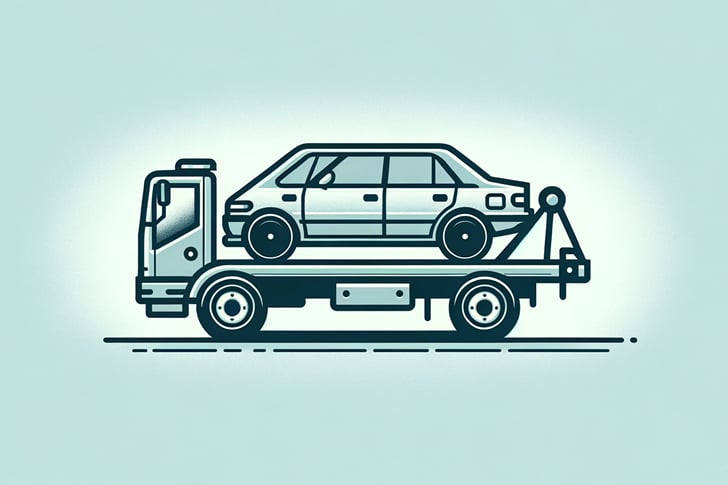How to Get a Cheap Repossessed Car
Navigating the market for repossessed cars can unlock significant savings. This guide helps you understand and capitalize on opportunities in the repo car market.

Understanding Repossessed Cars
Repossessed cars are vehicles that financial institutions have taken back from owners who defaulted on their loan payments. These cars can offer great deals for buyers since the lenders are motivated to sell them quickly to recover their losses. This urgency often results in prices below market value.
Why Consider Repossessed Cars?
- Price: The primary appeal of repossessed cars is their lower cost.
- Selection: Buyers can find a range of makes and models, including newer vehicles in good condition.
- Accessibility: Many repo cars are sold through auctions or direct sales, making them readily available to the public.
How to Buy a Repossessed Car
1. Find Repo Cars
- Online Reposession Databases: Websites like RepoFinder.com provide a comprehensive list of repo sales across the U.S.
- Banks and Credit Unions: Check with local financial institutions, which may list their repo cars online or offer sales through their branches.
- Government and Police Auctions: These can include seized or surplus vehicles. Websites like GovSales.gov list available auctions.
2. Inspect the Vehicle
- Condition: Repo cars can vary significantly in condition. Always inspect the vehicle or have it inspected by a professional mechanic.
- History: Use services like Carfax or AutoCheck to review the vehicle’s history for accidents or title issues.
3. Understand the Pricing
- Repo cars are typically priced based on condition, market value, and the urgency to sell. Research the true market value of the car you’re interested in to ensure you’re getting a good deal.
4. Participate in Auctions
- Public Auctions: Many repo cars are sold at public auctions, which can be attended in person or online.
- Silent Auctions: Some institutions sell repo cars through a bidding process, where you can submit an offer without a formal auction.
5. Negotiate the Sale
- Even at auctions, there may be room to negotiate, especially towards the end of the auction or if the car fails to meet the reserve price.
6. Complete the Purchase
- Documentation: Ensure all paperwork is in order, including the transfer of title and any sales contracts.
- Payment: Be prepared to pay immediately, as many auctions and sellers require quick payment to release the vehicle.
Risks of Buying Repossessed Cars
- Condition Issues: Repo cars may not be in optimal condition and could require additional investment for repairs.
- Limited Warranty: Most repo cars are sold “as is,” without any warranty.
- Competition: Popular models may attract more bidders, potentially driving up the price.
10 Cheap Repo Cars in Different Areas of the US (with Prices)
- Los Angeles, CA: 2019 Toyota Corolla – $12,000
- Houston, TX: 2018 Honda Civic – $10,000
- Chicago, IL: 2017 Ford Fusion – $9,500
- Phoenix, AZ: 2018 Nissan Sentra – $8,200
- Philadelphia, PA: 2016 Chevrolet Malibu – $7,800
- San Antonio, TX: 2017 Hyundai Elantra – $9,000
- Dallas, TX: 2018 Kia Soul – $8,500
- San Diego, CA: 2019 Ford Escape – $11,000
- Jacksonville, FL: 2016 Toyota Camry – $8,300
- Columbus, OH: 2018 Ford Focus – $7,400
Conclusion
Buying a repossessed car can be a fantastic way to secure a vehicle at a discounted price. With thorough research, careful inspection, and smart bidding, you can find a reliable car that meets your needs without breaking the bank. Always be prepared for the potential risks and ensure you have the full picture of what the car’s history and condition are before making a purchase.







Recent Comments